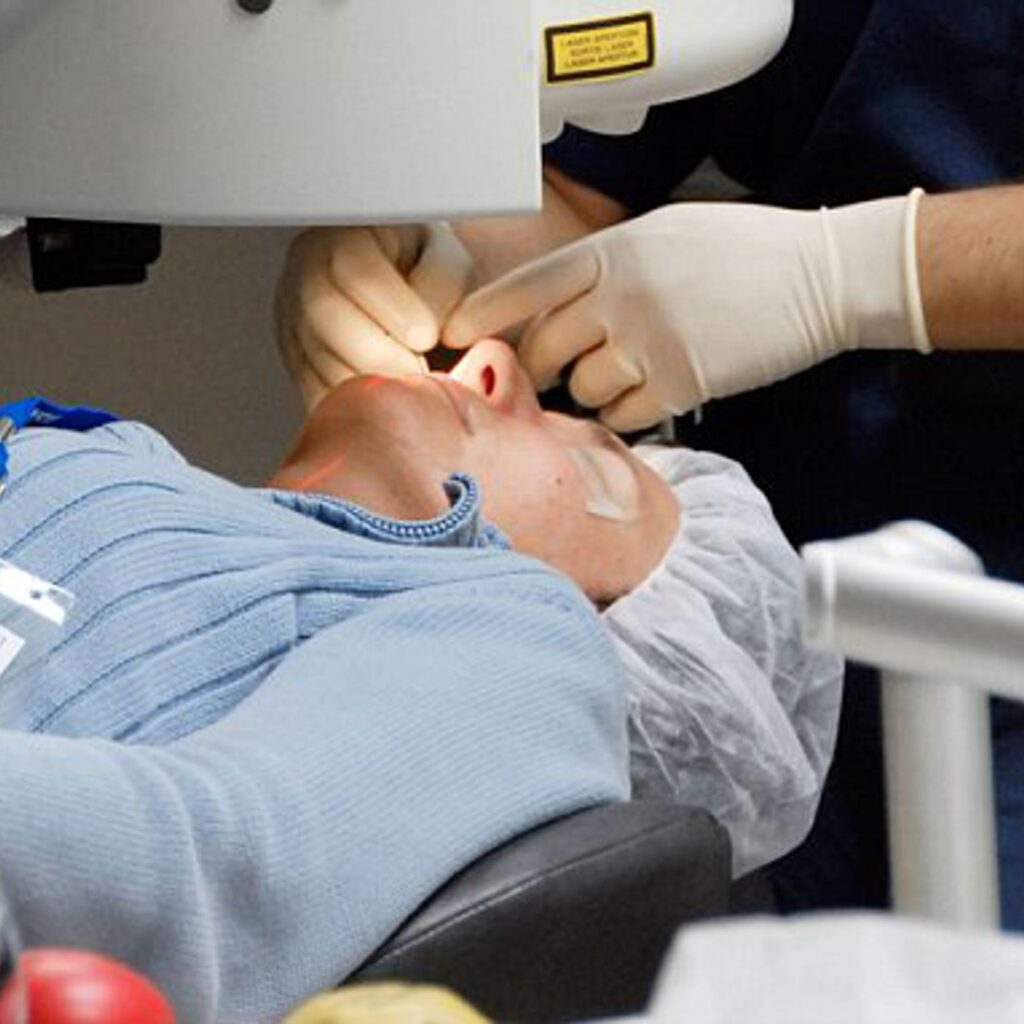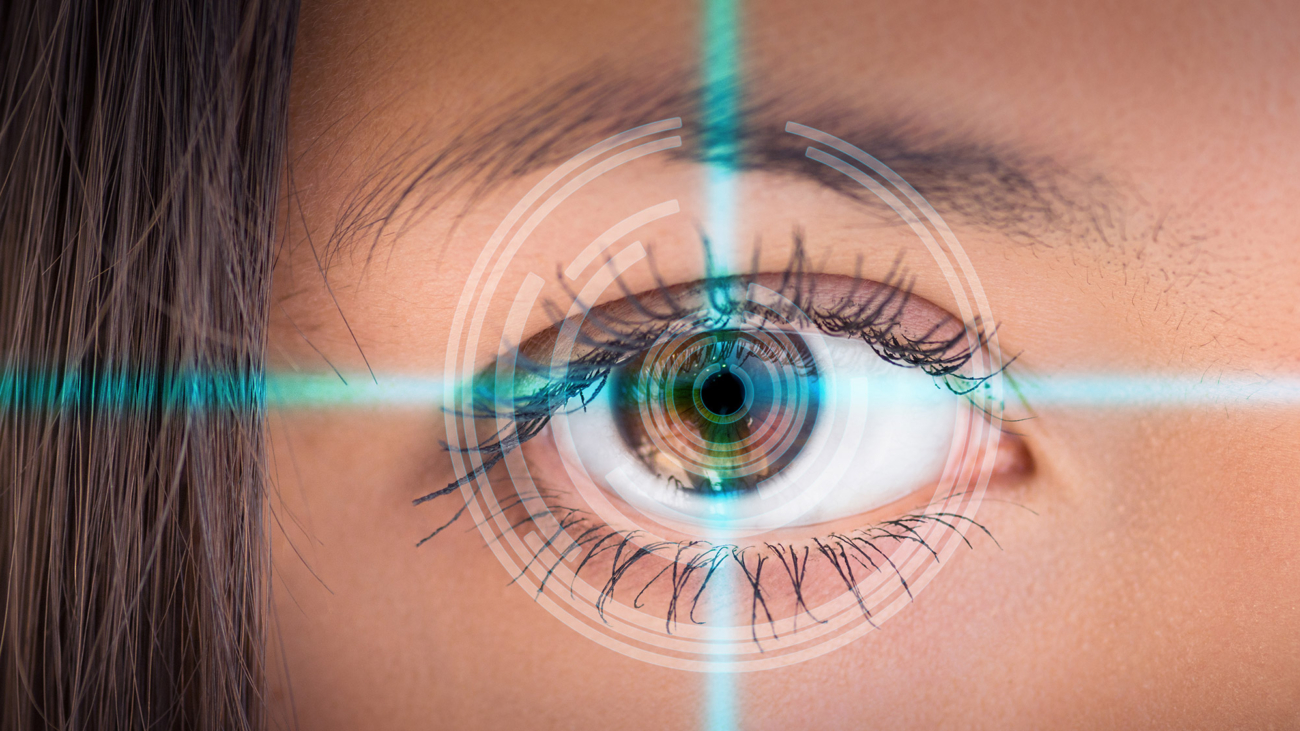Laser eye surgery has become a popular choice for individuals seeking to improve their vision and reduce their dependency on glasses or contact lenses. If you are considering laser eye surgery in Sydney, it’s important to make an informed decision. This guide will walk you through the different aspects of laser eye surgery, including understanding the procedure, the types of surgery available, choosing the right clinic, preparing for surgery, and post-surgery care and recovery.
Understanding Laser Eye Surgery
Before diving into the specifics, it’s crucial to have a basic understanding of what laser eye surgery entails. Laser eye surgery is a procedure that uses a laser to reshape the cornea, the clear front surface of the eye, to correct vision problems. By altering the shape of the cornea, laser eye surgery can address issues such as nearsightedness, farsightedness, and astigmatism.
In conclusion, choosing the best laser eye surgery Sydney requires thorough research, consultations, and careful consideration of various factors. By understanding the procedure, types of surgery available, choosing a reputable clinic, and following proper pre and post-surgery care, you can make an informed decision and achieve improved vision through laser eye surgery.
What is Laser Eye Surgery?
Laser eye surgery, also known as refractive surgery, aims to reduce a person’s dependence on glasses or contact lenses. The procedure involves using a laser to permanently reshape the cornea, improving the focusing power of the eye. Laser eye surgery is typically a quick and outpatient procedure, with most patients experiencing improved vision almost immediately.

Benefits of Laser Eye Surgery
There are several benefits associated with laser eye surgery. Firstly, it can significantly improve vision, allowing individuals to see clearly without the need for corrective lenses. This newfound visual freedom can enhance quality of life and increase confidence. Laser eye surgery also eliminates the ongoing costs associated with glasses or contact lenses, making it a cost-effective long-term solution.
In addition to vision improvement and cost savings, laser eye surgery offers convenience. With improved vision, everyday activities such as driving, sports, and reading become easier. Wearing glasses or contact lenses can also be cumbersome, especially in situations where they may become wet or fogged up.
Furthermore, laser eye surgery can have a positive impact on a person’s career. Jobs that require excellent vision, such as pilots, firefighters, and professional athletes, often have strict vision requirements. Laser eye surgery can help individuals meet these requirements, opening up new opportunities and career advancements.
Potential Risks and Complications
While laser eye surgery is generally safe and effective, it’s important to be aware of potential risks and complications. Like any surgical procedure, there are risks involved, albeit rare. These risks include dry eyes, glare, halos around lights, fluctuating vision, and infections. However, advancements in technology and surgical techniques have significantly minimized the occurrence of these complications.
It’s essential to consult with an experienced and reputable surgeon who will discuss the potential risks and complications with you during the pre-surgery consultation. They will also thoroughly evaluate your candidacy for the procedure to minimize any potential complications. Additionally, they will provide you with detailed post-operative instructions to ensure a smooth recovery process.
Different Types of Laser Eye Surgery
There are several types of laser eye surgery, each with its own unique characteristics and benefits. The most common types of surgeries offered in Sydney include LASIK, PRK, and LASEK.
When considering laser eye surgery, it’s essential to understand the differences between these procedures to make an informed decision tailored to your specific needs and eye condition.
LASIK (Laser-Assisted In Situ Keratomileusis)
LASIK is the most popular form of laser eye surgery. It involves creating a thin flap in the cornea, which is then lifted to allow the laser to reshape the underlying corneal tissue. The flap is then repositioned, acting as a natural bandage. LASIK offers quick recovery and minimal discomfort, making it an attractive option for many patients.
One of the significant advantages of LASIK is its ability to correct a wide range of refractive errors, including nearsightedness, farsightedness, and astigmatism. The procedure is quick, usually taking only a few minutes per eye, and most patients experience improved vision almost immediately after surgery. Read more about refractive errors on https://www.nei.nih.gov/learn-about-eye-health/eye-conditions-and-diseases/refractive-errors
PRK (Photorefractive Keratectomy)
PRK is an alternative to LASIK, particularly suitable for individuals with thinner corneas. Unlike LASIK, PRK does not involve creating a corneal flap. Instead, the surgeon removes a thin layer of the outer corneal tissue and uses a laser to reshape the underlying tissue. The removal of the outer corneal layer results in a longer recovery time compared to LASIK but may be a better option for certain patients.
PRK is a preferred choice for individuals involved in contact sports or occupations with a higher risk of eye trauma, as the absence of a flap reduces the risk of flap-related complications. It is also a suitable option for patients with corneal irregularities or those who may not be good candidates for LASIK.
LASEK (Laser Epithelial Keratomileusis)
LASEK is a variation of PRK that preserves the corneal epithelium by using an alcohol solution to loosen and lift it before the laser treatment. The epithelium is then repositioned, similar to LASIK. LASEK combines the advantages of LASIK and PRK and is often recommended for individuals with thin corneas or specific visual requirements.
Individuals with thin corneas or those at higher risk of flap complications may benefit from LASEK due to its surface-based treatment and preservation of corneal integrity. The recovery process for LASEK is typically longer compared to LASIK but offers excellent visual outcomes for the right candidates.
Choosing the Right Clinic in Sydney
Choosing the right clinic for your laser eye surgery is crucial to ensuring a safe and successful procedure. There are several factors to consider when selecting a clinic in Sydney.
Firstly, look for a clinic with a reputable and experienced team of ophthalmologists and surgeons. Check their qualifications, experience, and success rates. It’s also important to consider the clinic’s technology and equipment. Advanced technologies, such as femtosecond lasers, can enhance surgical precision and maximize safety. Click here to learn more about clinic’s technology.
But what else should you consider when choosing a clinic in Sydney? Well, another important factor is the clinic’s facilities. A well-equipped clinic with state-of-the-art operating rooms and recovery areas can contribute to a comfortable and efficient surgical experience. Imagine being in a clinic that feels like a luxurious spa, with soothing music and calming scents, creating a serene atmosphere that helps you relax before your procedure.
Additionally, consider the clinic’s reputation and patient reviews. Seek recommendations from friends, family, or your optometrist. Reading online reviews and testimonials can also provide valuable insights into the clinic’s quality of care.
Questions to Ask Your Potential Surgeon
When consulting with potential surgeons, don’t hesitate to ask questions to ensure you are comfortable with their expertise and approach. Ask about their experience with laser eye surgery, the success rate of their procedures, and the number of surgeries they have performed. Inquire about the types of technology and equipment they utilize and whether they offer personalized treatment plans.
But what about the surgeon’s bedside manner? It’s important to feel a sense of trust and rapport with your surgeon, as they will be guiding you through the entire process. A compassionate and empathetic surgeon can make a significant difference in your overall experience. Picture a surgeon who takes the time to explain every step of the procedure, patiently answering all your questions and addressing any concerns you may have.
It’s also important to discuss the potential risks and complications associated with the surgery and how they are managed. A competent surgeon will be transparent and address any concerns you may have. They will explain the measures they take to minimize risks and ensure your safety throughout the entire process.
Choosing the right clinic and surgeon for your laser eye surgery is a decision that should not be taken lightly. By considering factors such as the clinic’s reputation, facilities, and the surgeon’s experience and bedside manner, you can make an informed choice that will contribute to a successful and satisfying outcome.

Preparing for Laser Eye Surgery
Preparing for laser eye surgery involves several steps to ensure a smooth and successful procedure. It is a life-changing decision that requires careful consideration and preparation.
Before embarking on this journey to better vision, it’s essential to educate yourself about the different types of laser eye surgeries available, such as LASIK, PRK, or SMILE. Each procedure has its unique benefits and considerations, so discussing these options with your surgeon during the consultation is crucial.
Pre-Surgery Consultation
Prior to the surgery, you will undergo a thorough consultation with your surgeon. This consultation serves as a crucial step in the process, as it allows the surgeon to determine your candidacy for the procedure and address any concerns you may have.
During this consultation, your surgeon will evaluate your eligibility for laser eye surgery by conducting a comprehensive eye examination. They will assess your eye health, including factors like corneal thickness, pupil size, and refractive errors. Additionally, the surgeon will inquire about your medical history, including any past eye injuries, diseases, or surgeries.
Your surgeon will also conduct a series of tests to determine the specific characteristics of your eyes, enabling them to create a personalized treatment plan. These tests may include corneal topography, refraction, and measurements of corneal thickness. By gathering this detailed information, the surgeon can tailor the surgery to your unique eye anatomy, maximizing the chances of a successful outcome.
What to Expect on the Day of Surgery
On the day of surgery, it’s normal to feel a mix of excitement and apprehension. Arrive at the clinic as instructed and ensure you have someone to drive you home afterward. Wearing comfortable clothing and avoiding makeup and jewelry are recommended for the procedure.
The surgery itself is typically quick and painless. You will be given numbing eye drops to ensure comfort throughout the procedure. Your surgeon will guide you through each step, explaining what to expect. The laser treatment usually lasts only a few minutes per eye, and you will be able to go home shortly after the surgery. Following the surgery, it’s essential to follow your post-operative care instructions diligently to promote proper healing and achieve optimal results.
Post-Surgery Care and Recovery
Following laser eye surgery, proper aftercare and recovery are essential for achieving the best possible outcomes.
Immediate Aftercare
Immediately after the surgery, your surgeon will provide detailed instructions to follow. This may include using prescribed eye drops, avoiding strenuous activities, and wearing protective shields when sleeping.
You will also attend follow-up visits with your surgeon to monitor your healing progress and ensure your eyes are healing as expected. These visits will give you an opportunity to ask any questions or address any concerns you may have.
Long-Term Care and Maintenance
Once you have fully recovered, it’s important to maintain good eye health and follow any post-surgery recommendations provided by your surgeon. This may involve wearing sunglasses to protect your eyes from UV rays, avoiding eye rubbing, and attending regular eye check-ups.
Read about LASIK Eye Surgery on https://tandgeyecare.com/why-lasik-eye-surgery-is-the-clear-choice-for-vision-correction/(o

